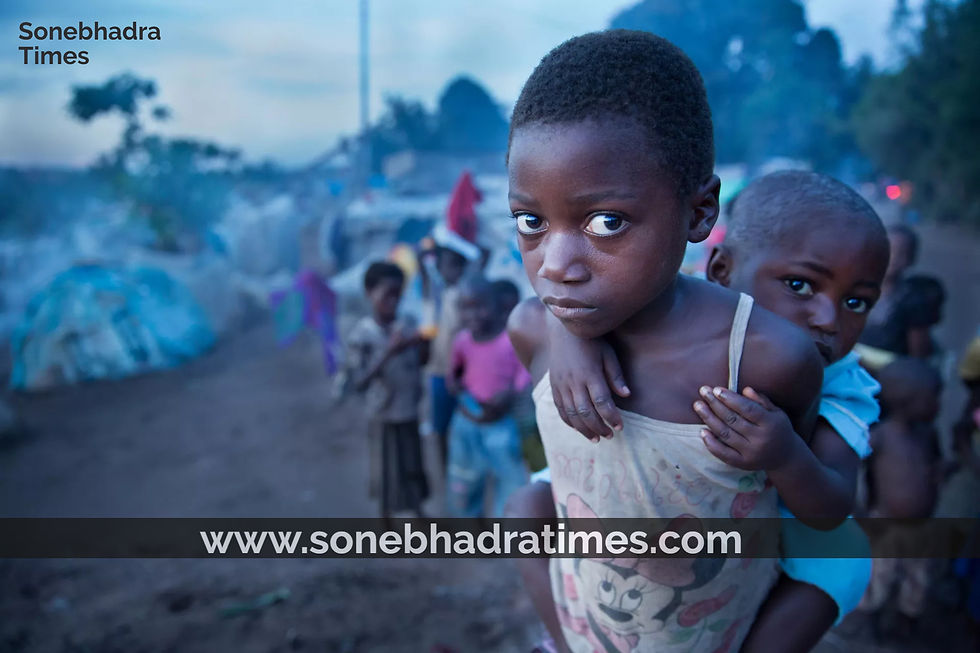UNICEF: has highlighted the staggering reality that over 52 million children around the globe are currently out of school, a situation that is particularly dire when we consider that one in six children—amounting to more than 473 million—are living in regions heavily affected by conflict.

The devastating effects of war and violence are multifaceted, leading to not only disrupted education but also severe malnutrition and a critical lack of access to essential healthcare services. The ramifications of these conflicts are profound, as many children are forcibly displaced from their homes, stripped of their basic rights, and denied the fundamental opportunities that are necessary for a healthy and fulfilling childhood, such as safety, education, and the chance to engage in normal developmental activities.
Specific regions like Gaza, Sudan, Ukraine, and Haiti have experienced particularly severe impacts due to ongoing conflicts. In these areas, schools are not only damaged by violence but are often repurposed for military uses, further depriving children of a safe learning environment. The destruction of educational facilities leads to a significant increase in the number of children who are unable to receive a proper education, which has long-term consequences for their futures and the stability of their communities.
Additionally, the lack of accessible healthcare in these conflict zones has resulted in alarming outbreaks of preventable diseases such as measles and polio, putting countless children's lives at risk. UNICEF has also reported on the disturbing levels of sexual violence and malnutrition that are prevalent in these areas, with millions of children left in dire conditions, facing not only the immediate threats of violence but also the long-term impacts of starvation and trauma.
In light of these grave circumstances, UNICEF's Executive Director Catherine Russell has declared 2024 as potentially one of the worst years for children affected by conflict. She has issued a powerful call to action, urging the international community to take decisive measures to protect children's rights and ensure their safety in accordance with established international humanitarian law.
This includes advocating for the protection of educational institutions, the provision of healthcare, and the implementation of programs aimed at addressing the psychological and physical needs of children who have been exposed to the horrors of war. The urgency of this situation cannot be overstated, as the future of millions of children hangs in the balance, necessitating immediate and sustained global attention and intervention to safeguard their rights and well-being.